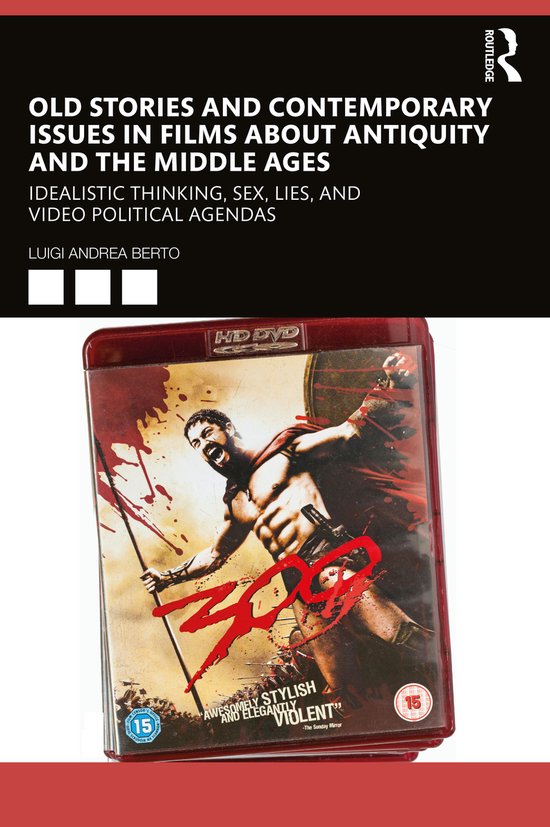Old stories and contemporary issues in films about antiquity and the middle ages

Uiterlijk 24 januari in huis
This volume creates awareness among spectators about the differences between the past and the present, the importance of understanding the past-present relationship, and the reasons behind reconstructions that distort the past in films about Antiquity and the Middle Ages.
This volume creates awareness among spectators about the differences between the past and the present, the importance of understanding the past-present relationship, and the reasons behind reconstructions that distort the past in films about Antiquity and the Middle Ages.
Following a historical approach, Old Stories and Contemporary Issues in Films about Antiquity and the Middle Ages examines the periods in which films are produced and the eras to which they refer. To show that the absence of a solid historical basis can damage the propagation of good intentions, films that contain political propaganda and stereotypes are examined alongside those that promote tolerance, the condemnation of war and violence, and women’s rights. For example, analysis of films such as Alexander Nevsky (1938), Spartacus (1960), and 300 (2007) reveals a variety of agendas such as White-Supremacist video agendas during the War in Iraq, European Communism, and the promotion of anachronistic ideals in 1950s America.
Old Stories and Contemporary Issues in Films about Antiquity and the Middle Ages is useful for undergraduates, postgraduates, and scholars interested in the Antiquity and Middle Ages, the relationship between films and History, and modern uses of the past.
- 1 Bekijk alle specificaties
Taal: en
Bindwijze: Paperback
Oorspronkelijke releasedatum: 08 april 2022
Aantal pagina's: 148
Hoofdauteur: Luigi Andrea Berto
Hoofduitgeverij: Routledge
Product breedte: 156 mm
Product lengte: 234 mm
Studieboek: Nee
Verpakking breedte: 156 mm
Verpakking hoogte: 234 mm
Verpakking lengte: 234 mm
Verpakkingsgewicht: 100 g
EAN: 9780367720377